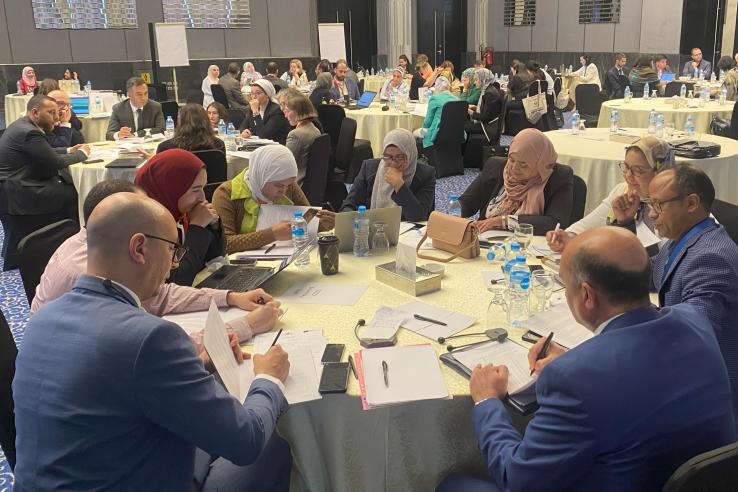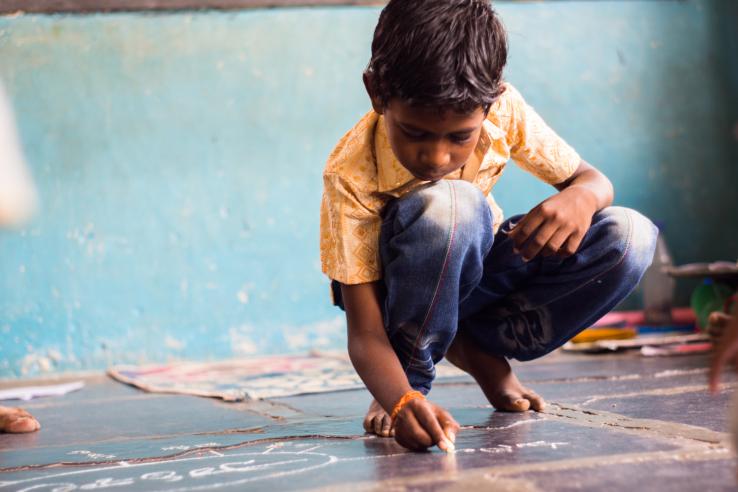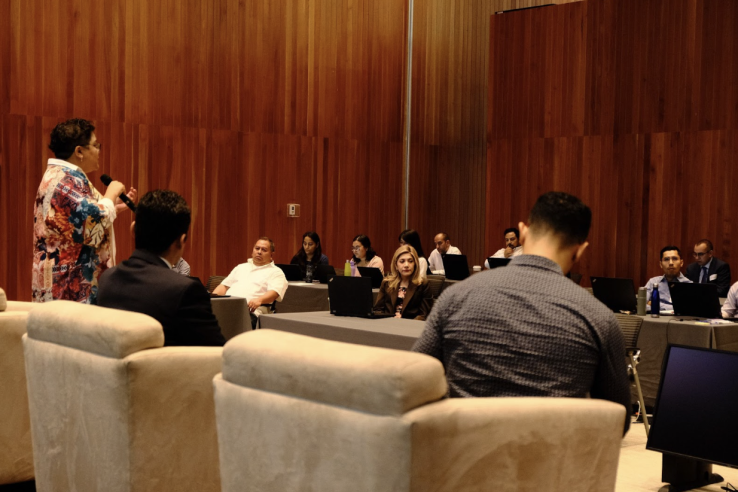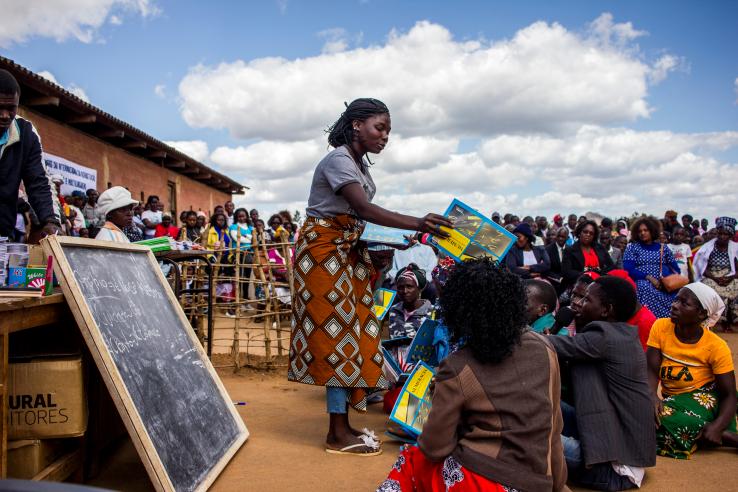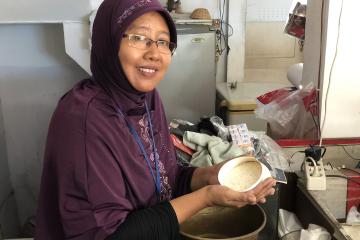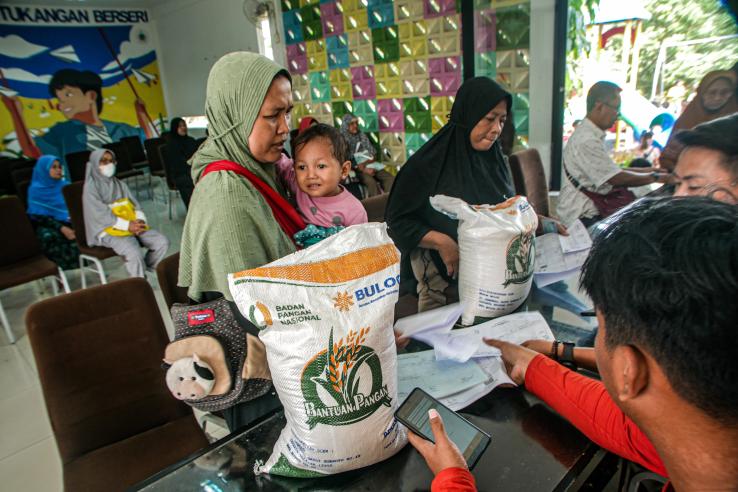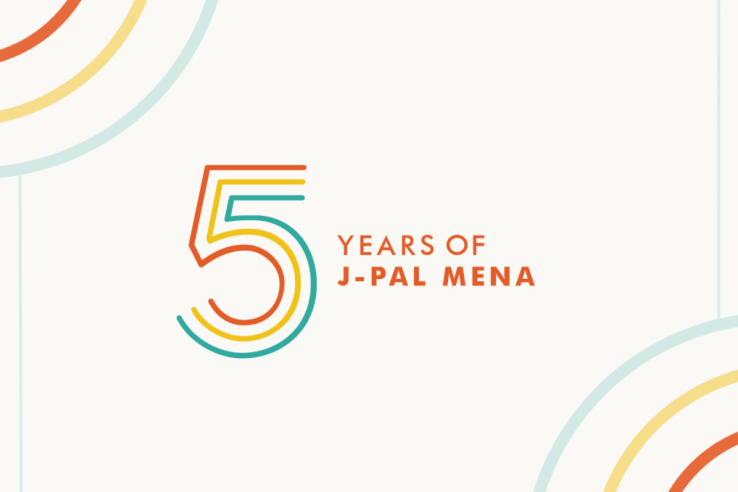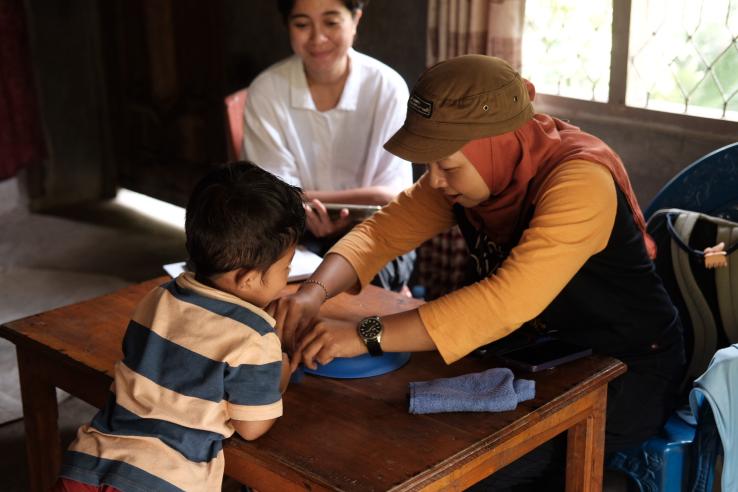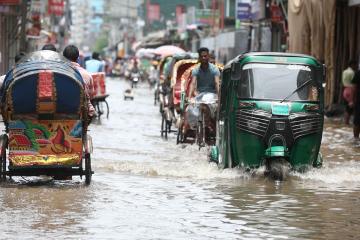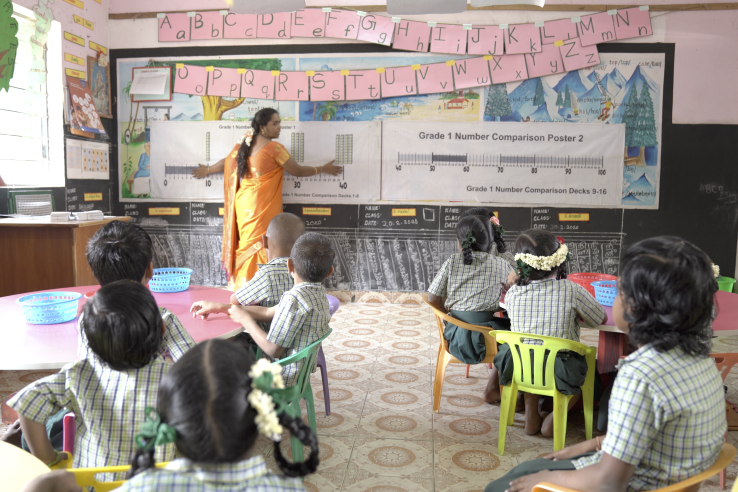Displaying 3271 - 3285 of 8491
Event
The Egypt Impact Lab (EIL) and the United Nations Human Settlements Programme (UN-Habitat) are hosting a learning workshop that brings together policymakers and practitioners to strengthen evidence ecosystems in urban planning.
Blog
Policymakers are facing a steep challenge: They need to address urgent development priorities with shrinking resources.
Update
J-PAL Updates
J-PAL North America's May newsletter features an opinion piece on the value of sectoral employment programs, a new research project evaluating the Getting Going on Savings Initiative, and a new job board for public interest jobs.
Event
Desde 2009, J-PAL LAC ha trabajado con más de veinte gobiernos en América Latina y el Caribe para fortalecer sus capacidades institucionales en el diseño, evaluación y mejora de programas sociales, con un enfoque basado en evaluaciones aleatorizadas como herramienta clave para generar evidencia...
Event
En muchos países, las dependencias encargadas de diseñar políticas para prevenir y atender situaciones delictivas se enfrentan a desafíos muy similares; principalmente, deben responder a cuestiones como: ¿De qué manera aprovechar los datos que existen para mejorar diagnósticos relacionados con el...
Blog
In May 2025, J-PAL Africa invited LinkedIn readers to submit questions about a recent randomized evaluation on preventing gender-based violence in Mozambican schools, coauthored by J-PAL affiliated researcher Selim Gulesci. In this blog post, Selim responds to five questions from readers, sharing...
The Evidence Effect
A dual strategy to alleviate poverty: Attaching conditions to cash transfers can provide immediate financial assistance while helping families invest in their children's future.
The Evidence Effect
Providing vulnerable households with accurate, timely information about their benefits can help improve access and increase government efficiency.
Blog
Most LMIC governments invest far more in their own social programs—which include health care, education, and social safety nets—than all foreign aid combined. While foreign assistance has been in the spotlight this year, LMIC governments are the ones that make financial commitments, set priorities...
Event
J-PAL MENA at AUC is hosting a special event to mark five years of advancing evidence-informed policymaking in the MENA region.
Event
J-PAL Southeast Asia is organizing a Research-to-Policy Showcase, "Uncovering What Works: Supporting the Last-Mile Delivery of ECED Programs," on 15 July 2025. The event will convene stakeholders in the early childhood and development sector to exchange knowledge on innovations in the field, share...
The Evidence Effect
Providing quick financial support to families in advance of extreme weather events can improve their resilience and recovery.
Resource
Layout Page
ASPIRE responds to pressing economic and social challenges, which restrict the lives of millions of Indians. We are working on tackling root causes of poverty, by maximizing the impact of evidence-based solutions.
Resource
Layout Page
ASPIRE’s core mission is to reduce poverty at scale by partnering with governments, civil society, and donors to embed evidence-based solutions into public systems. Through a collaborative and systems-oriented model, ASPIRE helps ensure that every investment achieves outsized and lasting impact.
Resource
Layout Page
Alliance for Scaling Policy Impact through Research and Evidence (ASPIRE) is a joint initiative of J-PAL South Asia and the Veddis Foundation to bring together governments, donors and CSOs working towards alleviating poverty through scientific evidence and data.
